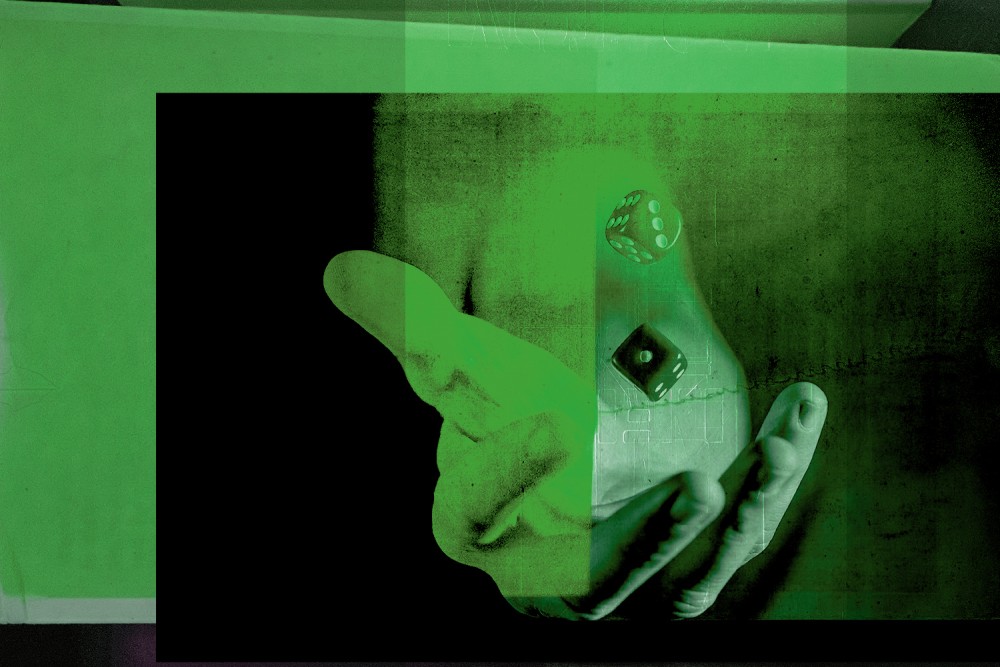The case for being a killjoy
We may be reluctant to say anything that sounds puritanical. But our private morality really does matter.

Century illustration (Source image: Getty)
Some years ago, in my prior life as an underpaid and ineffective professional do-gooder, I found myself at an event featuring speeches by local left-leaning faith leaders. This was around 2005. The issues then confronting a sensitive young conscience included the Iraq War, torture, global warming, misogyny, racism. And so I was bemused when the speakers spent a good bit of the morning inveighing against . . . gambling.
Was it 1919? Were we going to mount a campaign against dancing next? Had I escaped fundamentalism, with its constant little skirmishes against harmless or healthy interests (heavy metal, natural history), only to find myself among another group of fun-phobic puritans? I have never forgotten the way one speaker pronounced the words “Texas hold’em,” her voice quavering with indignation, sounding for all the world like one of the youth pastors of my childhood spitting and drawling their way through names like Twisted Sister or Beavis and Butt-Head.
I am now retrospectively bemused by my own bemusement. In many states (including mine), online sports gambling has become legal and ubiquitous. The results have been horrible: higher household debt, declining credit scores, and increased self-reporting of gambling addiction, not to mention those weirdly misanthropic BetMGM commercials. It is beginning to look like a public health crisis.




